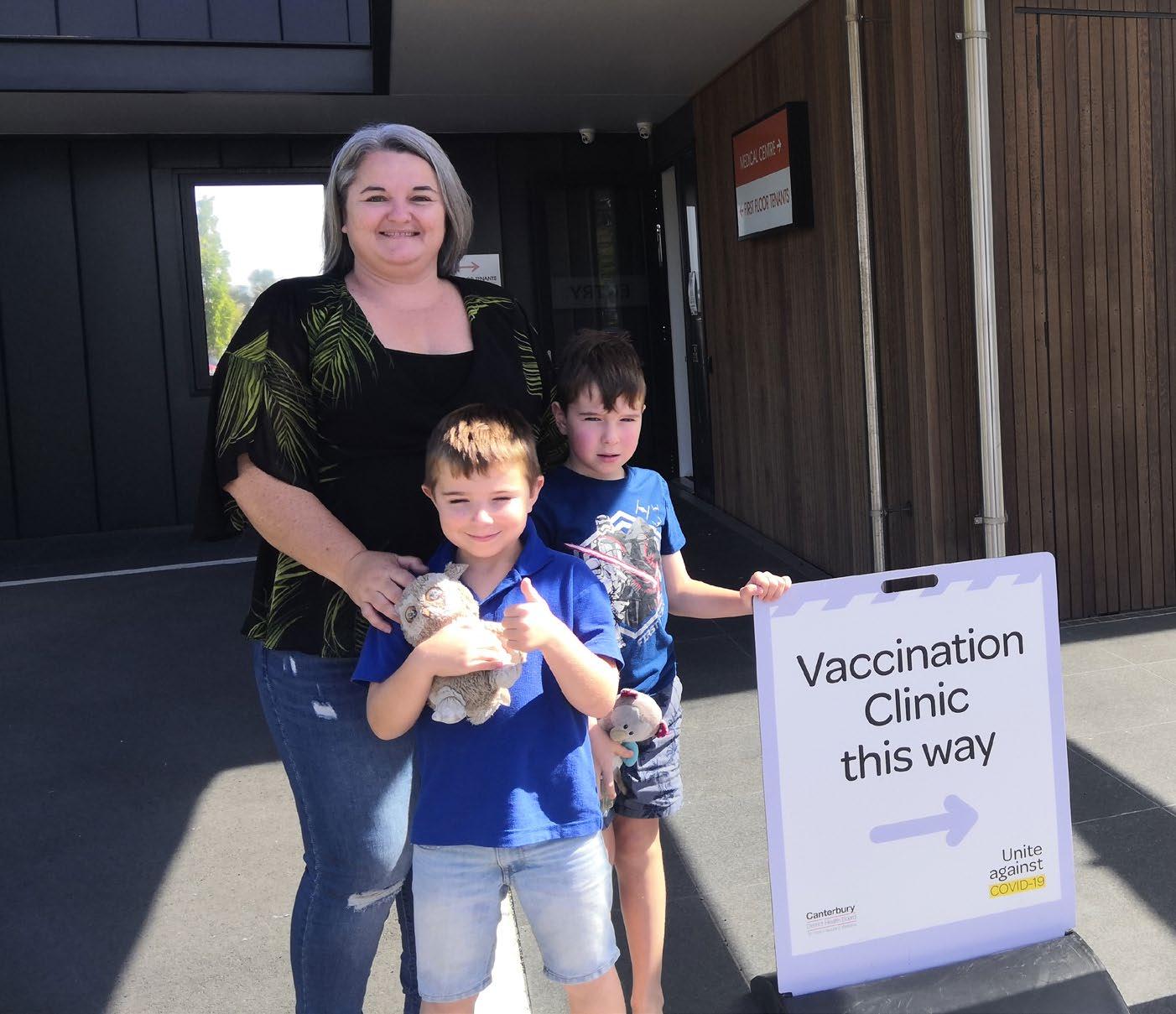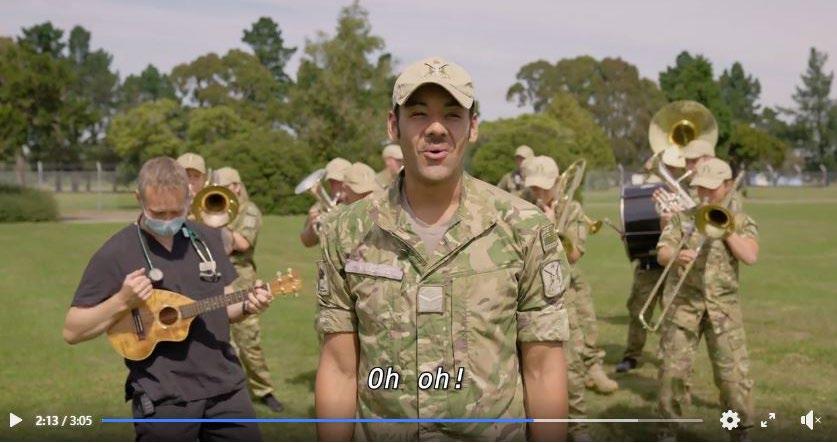
6 minute read
› New waiata released to encourage children and their families to get vaccinated › Kids understand more about COVID-19 and vaccinations than we give them credit for... pg 16
14 March 2022
New waiata released to encourage children and their families to get vaccinated
Advertisement
A new waiata has been released to encourage all our whānau to get vaccinated, including their tamariki. Consultant Haematologist Sean MacPherson was approached by a colleague who floated an idea about writing a song to encourage families to all get vaccinated including their tamariki. This is not the first time he has written one to promote a health message, so he was on board straight away. “Songs are a great way to share messages, and we have a great message here. We can all protect each other, our whānau, and tamariki if we get vaccinated,” he says. Sean collaborated with Morehu Solomon (Te Arawa, Ngati Kahungunu, Ngati Porou) who brought his expertise as an educator to the waiata and shared the message in Te Reo Māori.
“E te iwi e whakarongo mai. Kia kaha, kia toa, kia manawanui,” says Morehu. “I’m asking everyone to listen, be strong, be firm and be big of heart. We have had it up to here with the virus. We need to get vaccinated against COVID-19 to protect the people we love.” The New Zealand Army Band stepped in to provide the musical accompaniment and, in collaboration with the Burnham School kapa haka group, produced a video to bring the song to life. Director of Music for the New Zealand Army Band Major Graham Hickman says he is pleased that they could play their part in sharing the message in a creative way. “We are all part of the team. We want to see New Zealand come out of this pandemic stronger than ever because we know we worked hard to protect each other. Seán asks people to consider their whole family, their colleagues, friends and the wider community. “I think we all want to do the right thing. Vaccinating against COVID-19 will help minimise the impacts of COVID-19 and reduce hospitalisation so we can continue caring for the people who truly need it the most.” The song is now published and can viewed on Facebook here.
14 March 2022
MENTAL HEALTH (HINENGARO) Tips for Wellbeing During Omicron
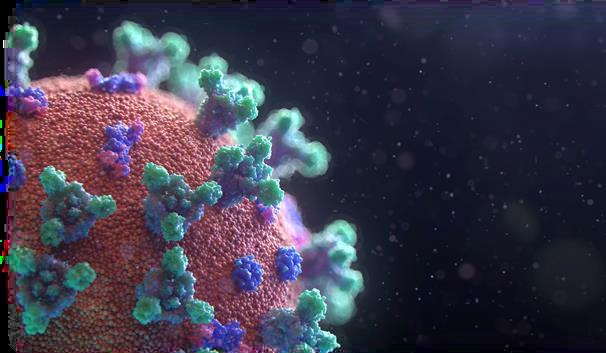

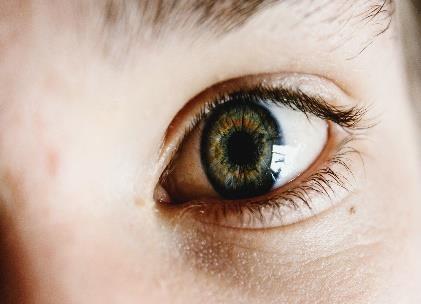


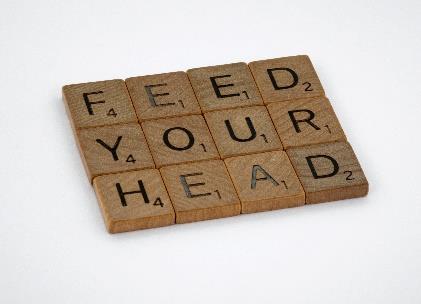
Be active, me kori tonu
Find ways to move your body every day and head
outside if you can. Physical activity can help channel anxiety. Getting some exercise helps your mind and body to release tension and gives you energy. Nature can be restorative, so head out if/when you can for a walk, run or to ride your bike.
Take notice, me aro tonu
Focus on the good stuff / find the good in every day
Notice the beauty outside your window or on a walk around the block. Feel the sun on your skin and breathe fresh air. Practicing gratitude helps you focus on what’s important –try writing down what you’re grateful for today, and what you’re looking forward to over the next week.
Give, tukua
Let someone know you appreciate them or give your
time by checking in with the people you care about. For example, can you reach out to someone who might be feeling isolated, lonely, or finding things tough right now? Giving helps us feel a part of our whānau and community.
Connect, me whakawhanaunga
Stay connected to friends and whanau Connection makes us feel good, especially during tough times. Being connected makes us feel safer, less stressed and less anxious. It can be as simple as calling or texting a friend or checking in with a family member.
Keep Learning, me ako tonu
Keep learning new things to help focus your mind and
give you a sense of purpose. Can you use your down time from work to learn something you’ve always wanted to know about like your whakapapa or family tree? Or perhaps challenge yourself with a quiz, try out a new hobby or make a new recipe.


14 March 2022
Kids understand more about COVID-19 and vaccinations than we give them credit for
For the Christchurch-based Anthony family, getting their children immunised against COVID-19 is about providing them an extra layer of protection. The Anthony kids, Dominic (7) and Connor (6) have both received their first dose of the paediatric Pfizer vaccine.
Katrina Anthony says when she and her husband and got their COVID-19 vaccinations, their boys asked when it was their turn.
“For us, it was more about explaining why they could not have their vaccines at the same time as we did. We had to explain that the vaccine for children was still being prepared to make sure it is safe and effective for them.
“We have always explained to the kids what COVID-19 is and how it affects us. They have asked before why our friends from overseas have not visited us recently, and we had to explain why the borders are shut, and it’s to protect us. They do understand more than we give them credit for.” Dominic has asthma which is also a key motivator to have the children vaccinated.
“There was a bit of pain on my arm, but it only lasted three seconds and it’s worth it,” Dominic says. Connor says that the pain only lasted about one second for him.
Neither boy experienced any adverse side effects. Katrina says she and her husband didn’t take the decision to get their children vaccinated lightly. “We did our research and followed what was happening overseas. Most importantly, we were open to our kids that getting vaccinated is part of life. This is not the first time they got vaccinated and they will have other vaccines in the future.” Her advice to parents in preparing their children for getting their vaccination is to bring something to distract them, like their favourite toy or a game on your phone. The clinics they went to had colouring materials and distractions ready in any case. She also wants to acknowledge the vaccinating staff who were very skilled and patient in vaccinating children. “I guess that’s the other thing I want to raise with other parents like me is that, yes there could be a wait at clinics, but it’s because vaccinators are taking the time with our kids. It is great that they are not rushing them.” To be fully protected, children need two doses of the Pfizer vaccine. It is recommended by the Ministry of Health that the first and second dose are given at least eight weeks apart. Visit VaccinateCanterburyWestCoast.nz website to find a clinic vaccinating children aged 5 to 11 years-old or go to BookMyVaccine.nz to book an appointment.
Katrina, Dominic and Connor Anthony with support toy, Hoot Hoot
